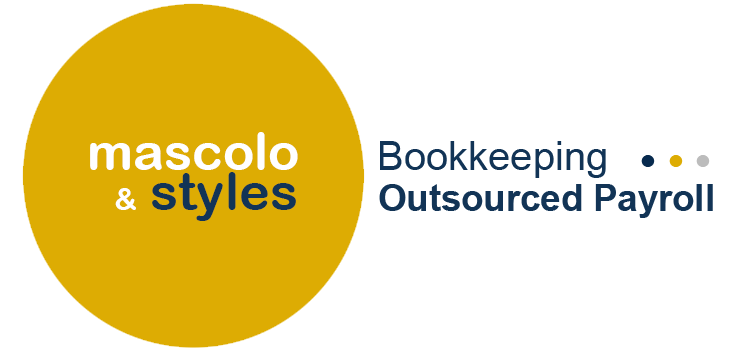
Payroll Accounting Services
What is payroll accounting?
Payroll accounting is the calculation, recording, analysis and distribution of employees earnings. The calculations are based on salary along with other types of payment accrued during the course of an employees work.
What is the difference between accounting and payroll accounting?
Accounting is the process of recording, organising, measuring and evaluating a business and its financial information. Payroll accounting relates to the process of recording, organising measuring and evaluating employees salary, holiday pay, sick pay, paternity, and maternity pay.
Payroll accounting
As an employer you are responsible for the accurate recording of National Insurance Contributions and Income Tax your employees owe HMRC.
Payroll costs
When calculating payroll the following must be accounted for:
The employee (wages)
HMRC (Income Tax and National Insurance Contributions)
Pension Providers (deductions for pensions)
Voluntary Deductions (charities, trade unions)
PAYE (Pay as you Earn) Income Tax
The standard income band tax rates for PAYE employees are:
UK National Minimum Wage Hourly Rates |
|---|
Since 2020
| Year | Aged 22+ | Aged 18-21 | Aged 16-17 | Apprentice | |
| 2020 | £8.72 | £8.20 | £6.45 | £4.55 | £4.15 | Aged 23+ | Aged 21-22 | Aged 18-20 | Aged 16-17 | Apprentice |
| 2021 | £8.91 | £8.36 | £6.56 | £4.62 | £4.30 |
| 2022 | £9.50 | £9.18 | £6.83 | £4.81 | £4.81 |
| 2023 | £10.42 | £10.18 | £7.49 | £5.28 | £5.28 | Aged 21+ | Aged 18-20 | Aged 16-17 | Apprentice |
| 2024 | £11.44 | £8.60 | £6.40 | £6.40 |

